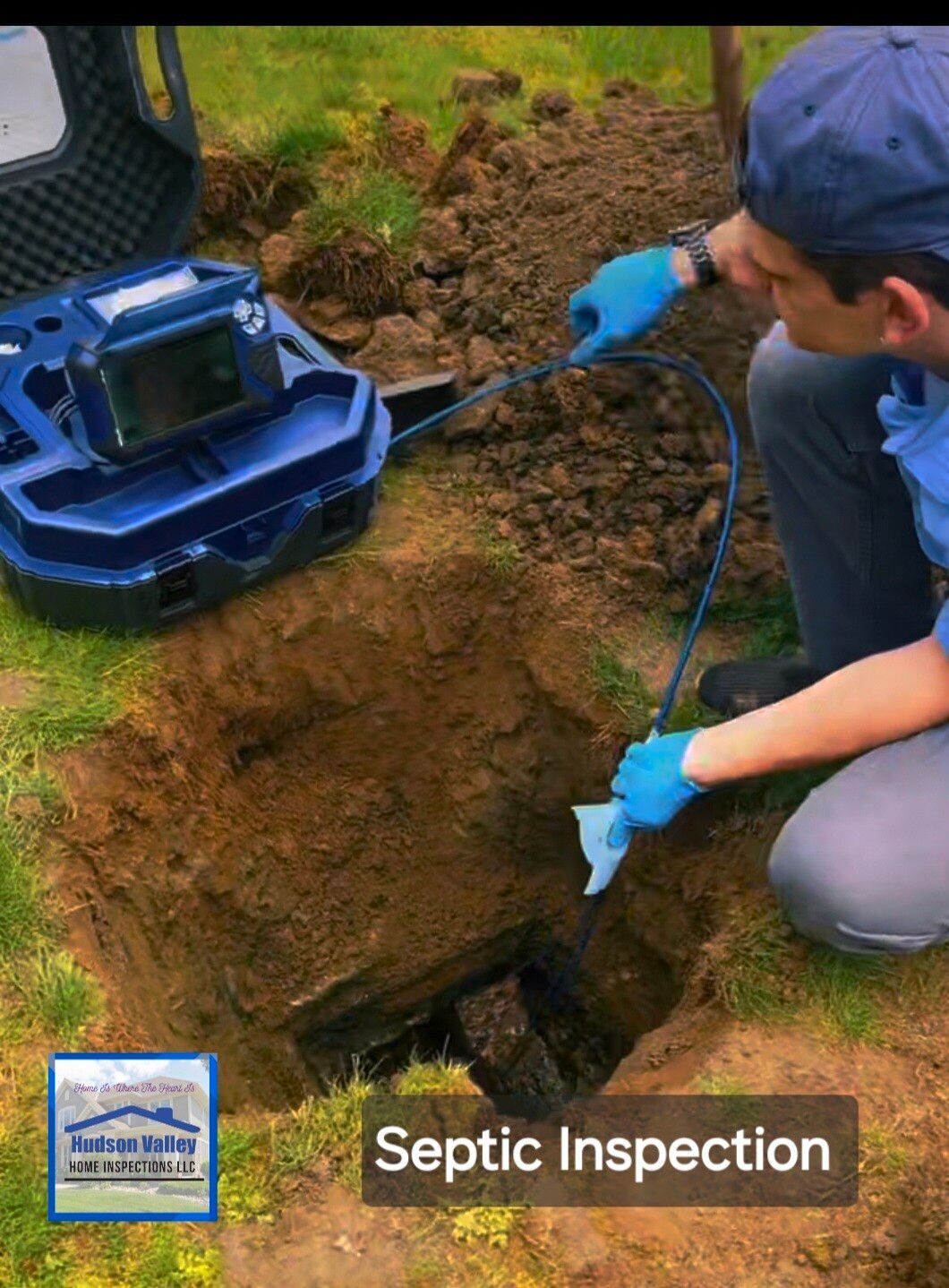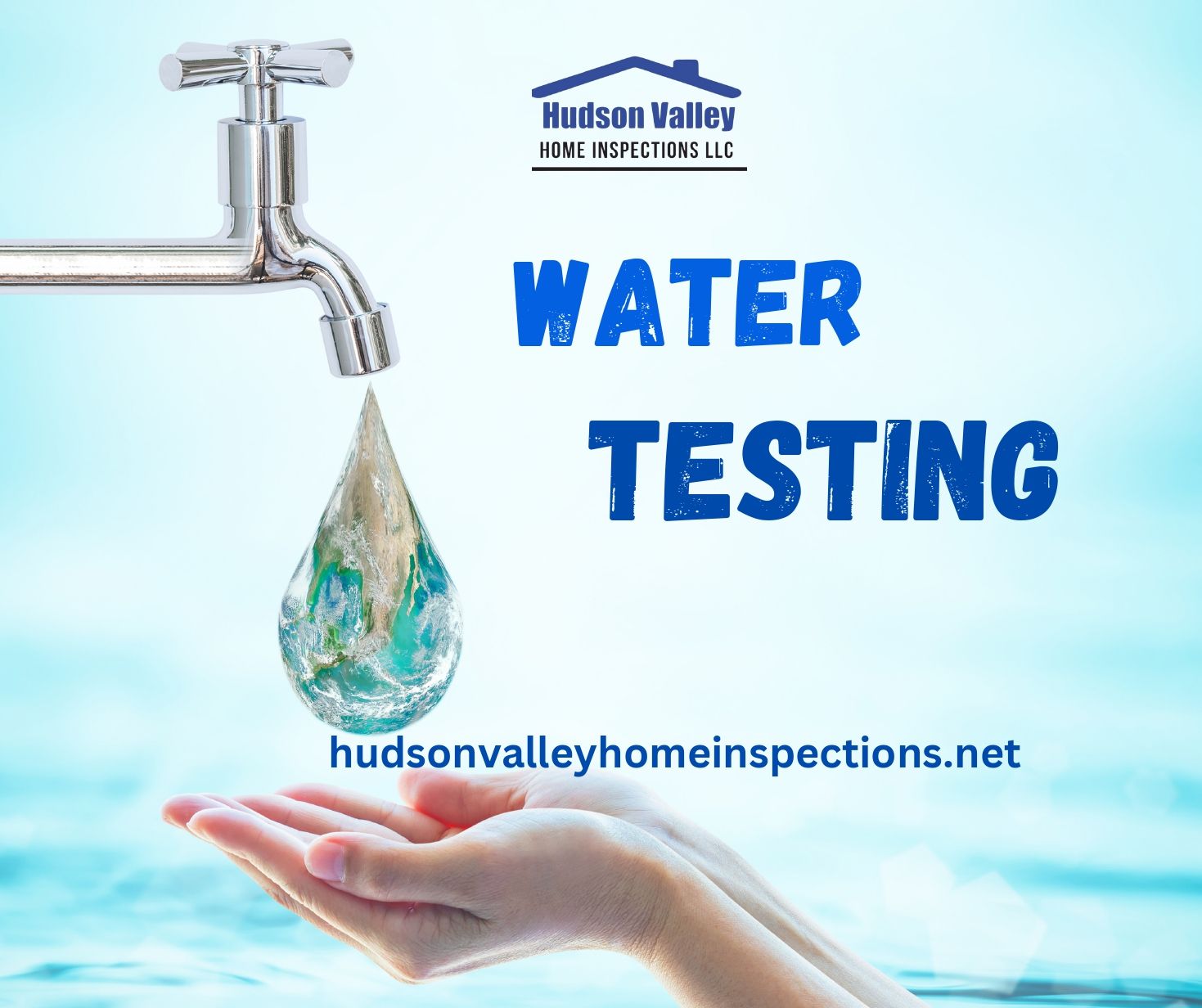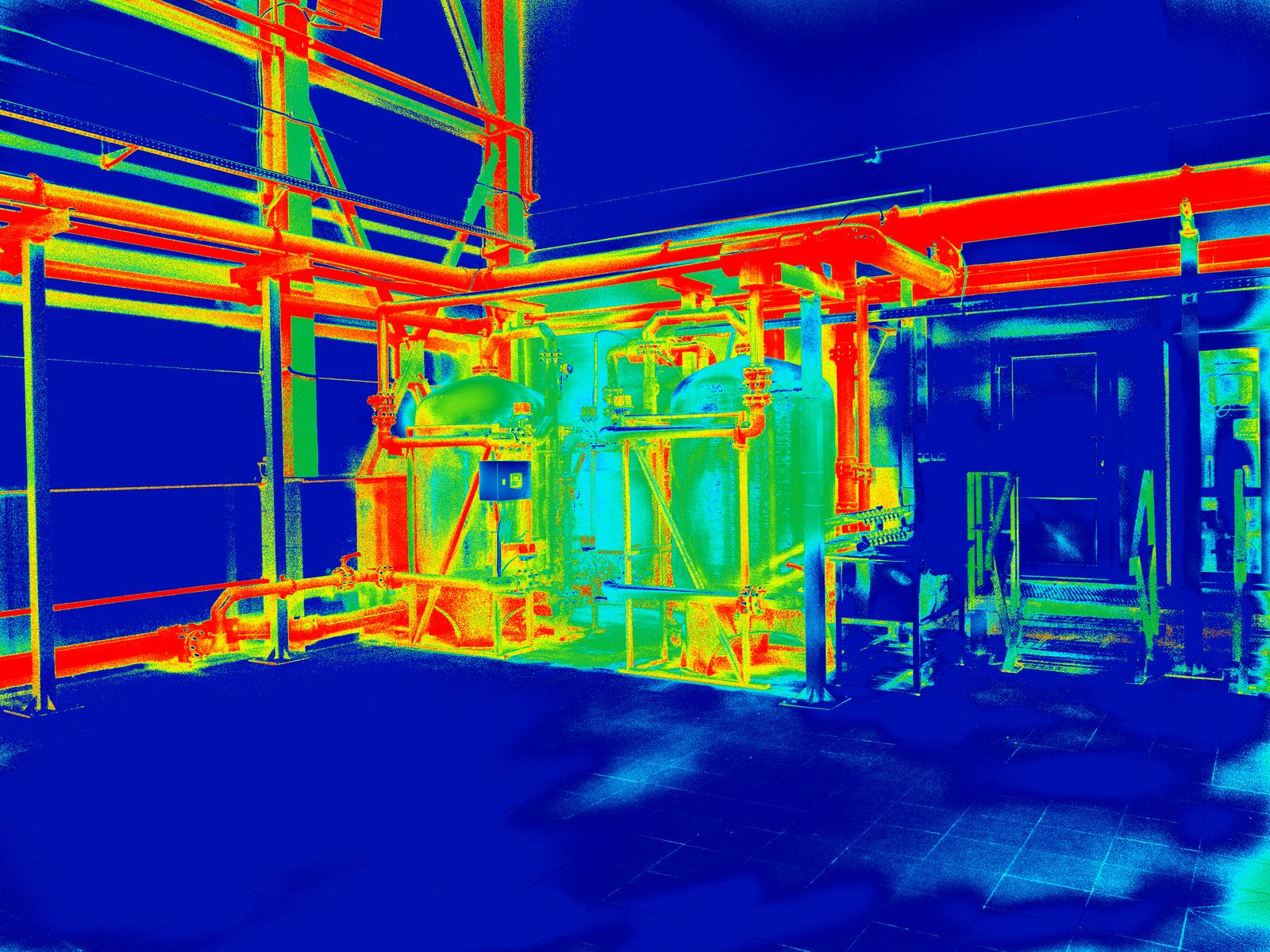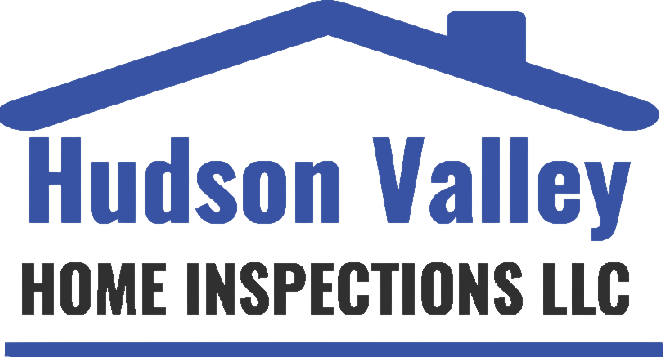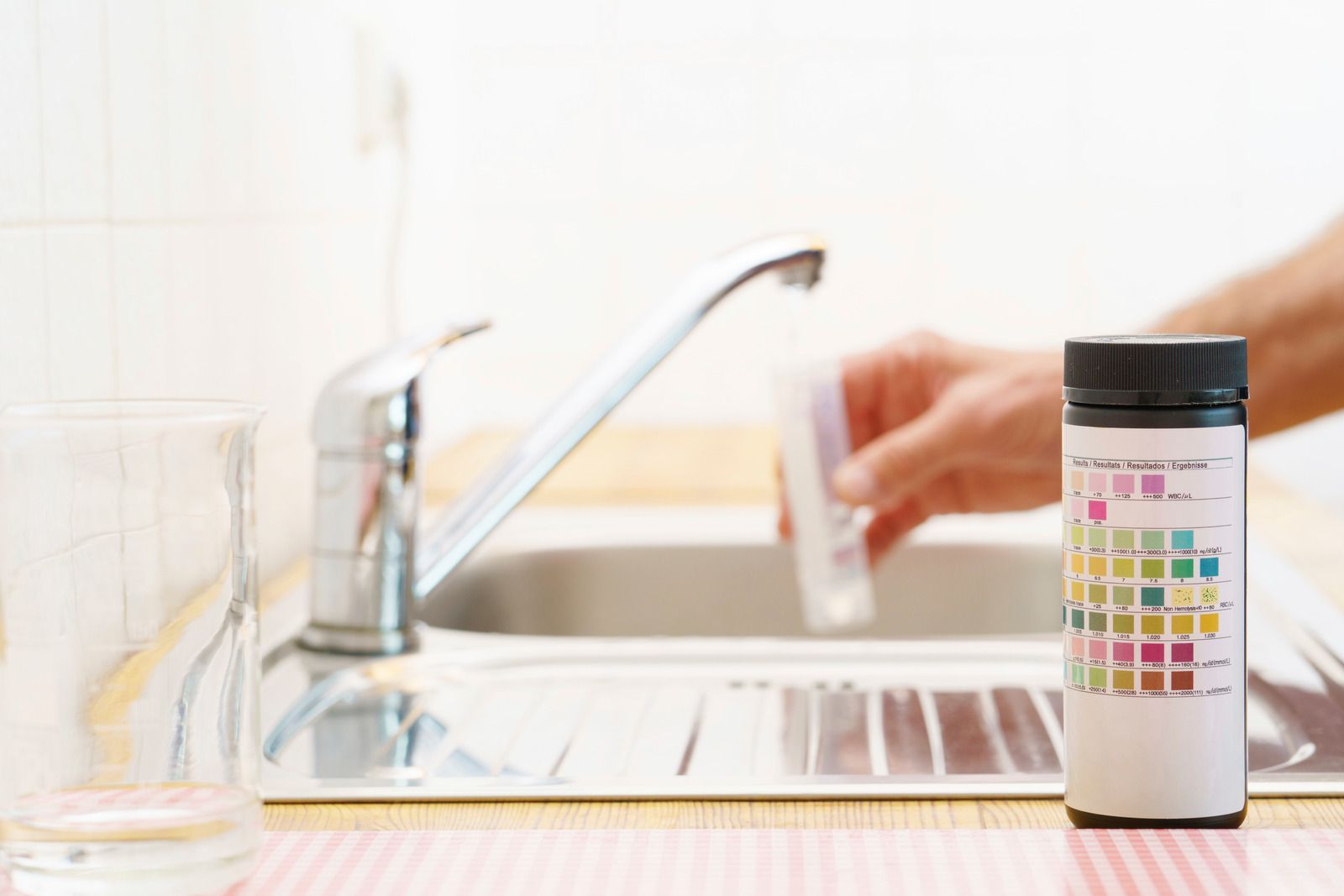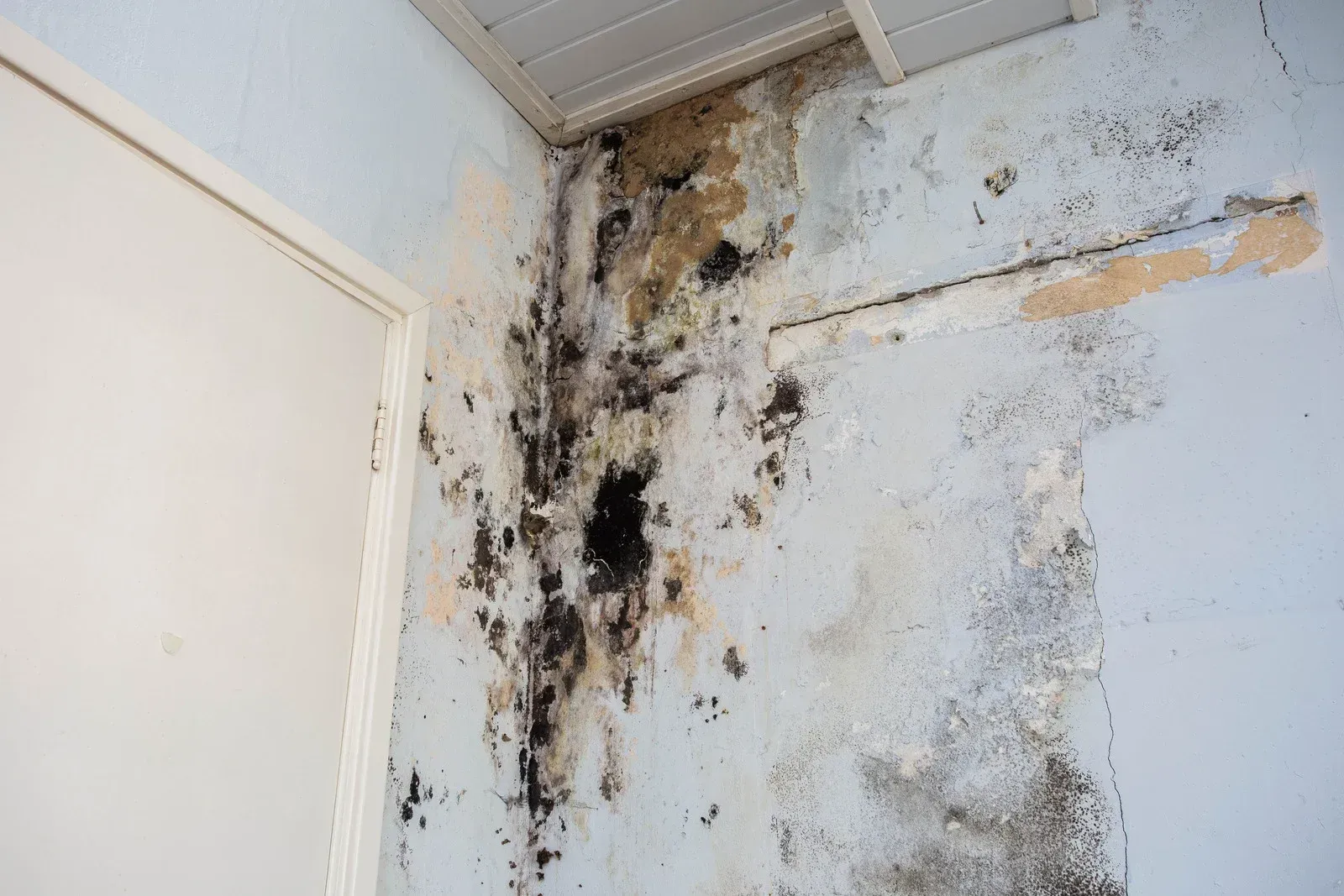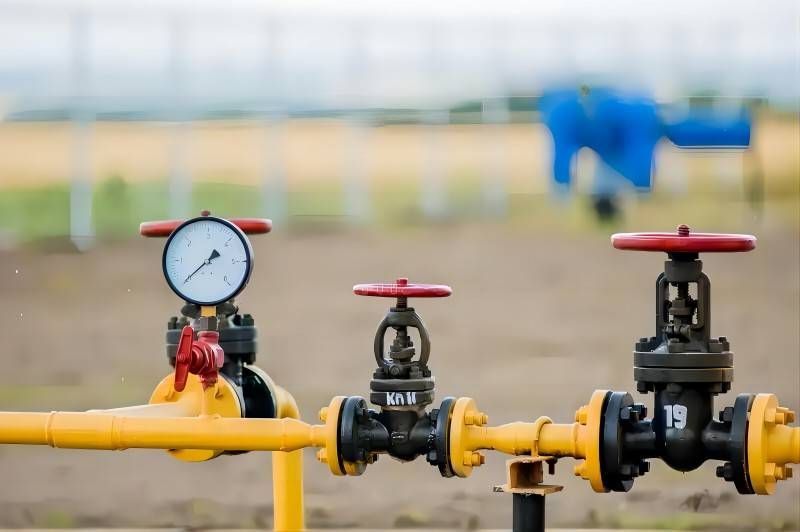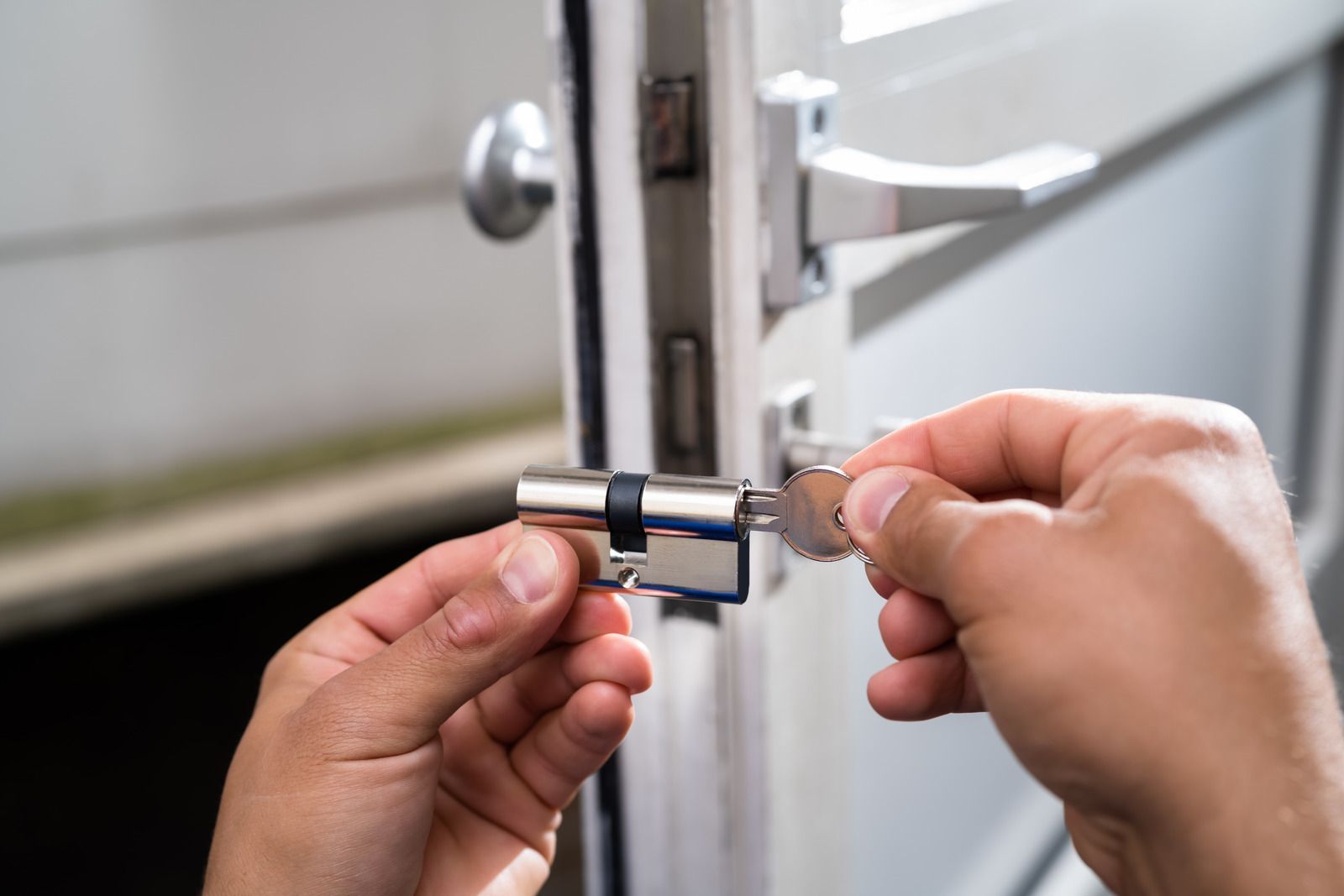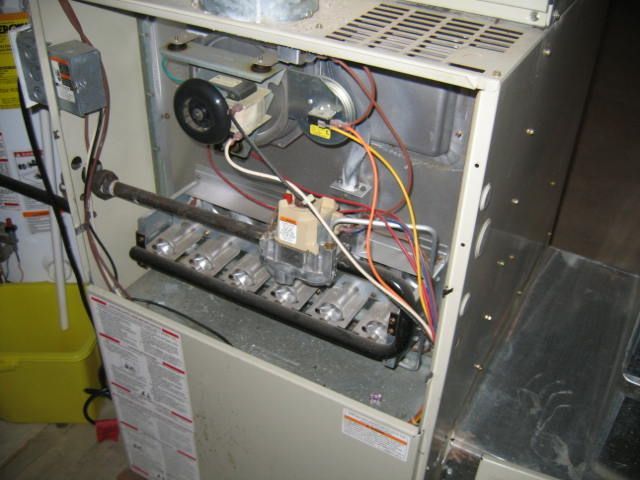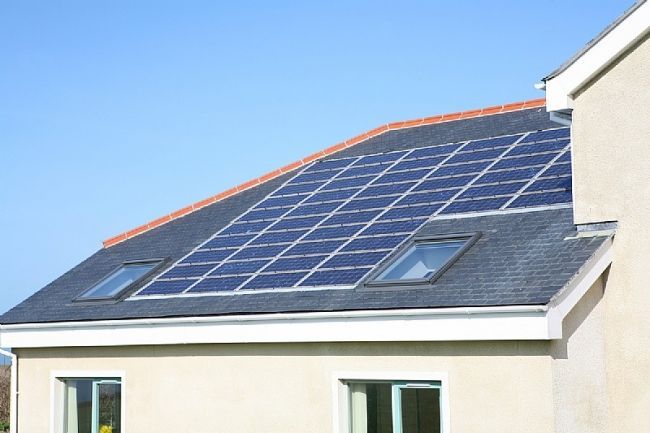Winterizing Your Home: A Home Inspector’s Guide to Cold-Weather Protection
As winter approaches in the Hudson Valley, homeowners should take proactive steps to protect their properties from harsh weather conditions. As a home inspector, I’ve seen firsthand how winter-related damage can lead to costly repairs. Preparing your home for the cold months ahead can improve energy efficiency, prevent damage, and keep your family safe. Here are my top recommendations for winterizing your home.
1. Seal Air Leaks and Insulate
Cold air seeping into your home can increase heating costs and create uncomfortable drafts. Inspect your home for gaps around windows, doors, and other openings.
- Caulking and Weatherstripping – Apply caulk around windows and doors, and install weatherstripping to prevent heat loss.
- Insulating Attics and Basements – Proper insulation in these areas prevents heat from escaping and reduces the risk of ice dams forming on your roof.
- Check for Drafts – Use an infrared thermometer or feel around outlets, baseboards, and window frames for cold air infiltration.
2. Service Your Heating System
A properly functioning heating system is essential during winter. Schedule a professional inspection to ensure your system is running efficiently.
- Furnace Maintenance – Change the air filter and clean the vents to improve efficiency.
- Boiler and Radiators – Bleed radiators to remove air pockets and ensure even heating.
- Fireplace and Chimney – Have your chimney cleaned and inspected to prevent creosote buildup, which can cause fires.
3. Protect Your Plumbing
Frozen pipes can burst and cause significant water damage. Take steps to prevent this by:
- Insulating Pipes – Use foam pipe insulation on exposed pipes in basements, crawl spaces, and exterior walls.
- Draining Outdoor Faucets – Shut off the outdoor water supply and drain hoses to prevent freezing.
- Keeping Faucets Dripping – On extremely cold nights, let a slow drip run from faucets to prevent pipes from freezing.
4. Inspect Your Roof and Gutters
Snow and ice can be heavy, leading to roof leaks and ice dams.
- Clean Gutters – Remove leaves and debris to ensure proper drainage and prevent ice dams.
- Check for Roof Damage – Look for missing or damaged shingles that could allow leaks.
- Install Roof Heating Cables – If ice dams are a recurring issue, consider installing roof de-icing cables.
5. Test Safety Devices
With increased use of heating systems, the risk of carbon monoxide poisoning and fire hazards rises.
- Check Smoke and Carbon Monoxide Detectors – Replace batteries and test devices monthly.
- Inspect Fire Extinguishers – Ensure they are in working condition and placed in accessible locations.
- Have a Backup Heating Plan – If you use a generator, make sure it’s in good condition and properly ventilated.
6. Prepare for Winter Storms
Severe weather can lead to power outages, frozen pipes, and hazardous conditions.
- Stock Emergency Supplies – Keep flashlights, batteries, blankets, bottled water, and non-perishable food on hand.
- Trim Tree Branches – Snow and ice can weigh down branches, causing them to snap and damage your home.
- Have a Snow Removal Plan – Keep a shovel, salt, and snowblower ready for clearing driveways and walkways.
7. Maintain Indoor Air Quality
During winter, homes are sealed tightly, which can lead to poor indoor air quality.
- Use a Humidifier – Prevent dry air that can cause respiratory issues and damage wooden furniture.
- Ventilate Properly – Open windows occasionally to let in fresh air and reduce indoor pollutants.
- Check for Mold Growth – High humidity levels in certain areas can lead to mold problems. hudsonvalleyhomeinspections.net
Final Thoughts
Winterizing your home isn’t just about staying warm—it’s about protecting your investment, improving energy efficiency, and ensuring your family’s safety. By taking these steps now, you can prevent costly repairs and enjoy a worry-free winter season.
If you think your home needs some TLC, Contact Hudson Valley Home Inspections LLC for a comprehensive evaluation of your home and getting a pre listing inspection.
